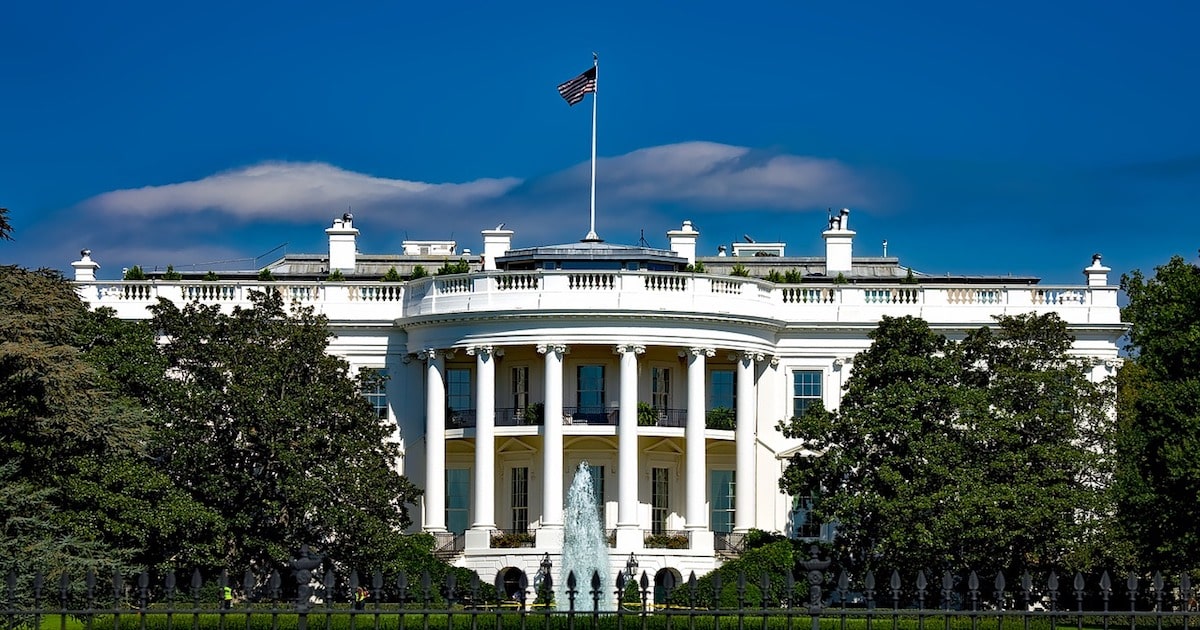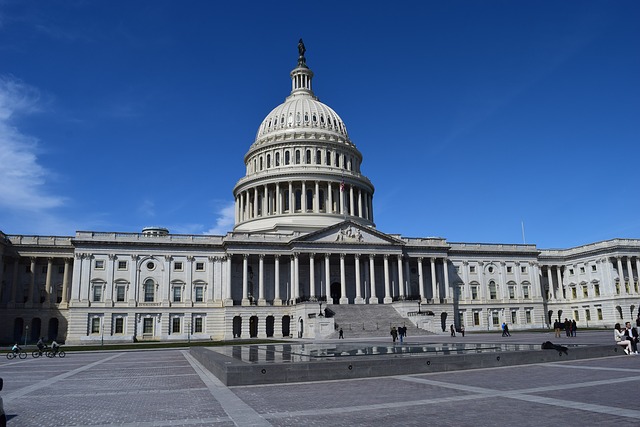
STATES Act Would Move U.S. Cannabis Law Closer to Canada’s

STATES Act Would Move U.S. Cannabis Law Closer to Canada’s
Today is a great day for cannabis legalization supporters in the United States and around the world as the long-awaited, marijuana law reform proposal spearheaded by Senators Elizabeth Warren (D-MA) and Cory Gardner (R-CO) and Representatives David Joyce (R-OH) and Earl Blumenauer (D-OR) has been introduced. This bipartisan legislation picked up steam after Senator Gardner apparently got Donald Trump to agree to support legislation that would end federal cannabis prohibition within the borders of states that have legalized cannabis.
The Strengthening the Tenth Amendment Through Entrusting States Act (STATES Act) would drastically improve U.S. cannabis policy, moving America closer to Canada’s expected legalization law, but not quite equaling the likely law of America’s northern neighbor. Some highlights of the STATES Act:
- Amends the Controlled Substances Act (CSA) so that – as long as states and tribes comply with a few basic protections – its provisions no longer apply to any person acting in compliance with State or tribal laws relating to marijuana activities.
- Clearly states that compliant transactions are not trafficking and do not result in proceeds of an unlawful transaction.
- Removes industrial hemp from the list of controlled substances under the CSA.
- The following federal criminal provisions under the CSA continue to apply:
-
- Prohibits endangering human life while manufacturing marijuana.
- Prohibits employment of persons under age 18 in drug operations.
- Prohibits the distribution of marijuana at transportation safety facilities such as rest areas and truck stops.
- Prohibits the distribution or sale of marijuana to persons under the age of 21 other than for medical purposes.
Here’s what the sponsoring legislators had to say in their press release announcing the landmark proposal:
“Outdated federal marijuana laws have perpetuated our broken criminal justice system, created barriers to research, and hindered economic development,” said Senator Warren. “States like Massachusetts have put a lot of work into implementing common sense marijuana regulations – and they have the right to enforce their own marijuana policies. The federal government needs to get out of the business of outlawing marijuana.”
“In 2012, Coloradans legalized marijuana at the ballot box and the state created an apparatus to regulate the legal marijuana industry. But because of the one-size-fits-all federal prohibition, state decisions like this put Colorado and other states at odds with the federal government,” said Senator Gardner. “The federal government is closing its eyes and plugging its ears while 46 states have acted. The bipartisan STATES Act fixes this problem once and for all by taking a states’ rights approach to the legal marijuana question. The bipartisan, commonsense bill ensures the federal government will respect the will of the voters – whether that is legalization or prohibition – and not interfere in any states’ legal marijuana industry.”
“We should trust the people of the states, like Ohio, who have voted to implement responsible common-sense regulations and requirements for the use, production, and sale of cannabis,” said Representative Joyce. “If the people of these states have decided to provide help for those veterans and others suffering from pain and other health issues, we should allow them access without government interference.”
“For too long the senseless prohibition of marijuana has devastated communities, disproportionately impacting poor Americans and communities of color. Not to mention, it’s also wasted resources and stifled critical medical research,” said Representative Blumenauer. ”It’s past time to put the power back in the hands of the people. Congress must right this wrong.”
From my reading of the STATES Act, the law would completely protect states, territories, tribal lands, and Washington, D.C., to legalize cannabis within their borders, so long as they comply with some of the restrictions regarding age, public safety, and distributing marijuana at truck stops and rest stops (prohibition at truck and rest stops is a rather interesting inclusion). Businesses operating within legal areas would then be exempt from laws that ban cannabis businesses from banking and from the dreaded 280E IRS tax code.
The STATES Act stops short of matching Canada’s laws in that it doesn’t explicitly allow cannabis commerce among the states. It appears that the law doesn’t prohibit states that share borders to agree to an import/export compact, but crossing state lines of prohibition states would not be allowed. (DISCLAIMER: I am not a practicing attorney. Anyone in the cannabis industry should seek the opinion of their own legal counsel.)
While some of us (okay a majority of us) have a hard time trusting Donald Trump, it can’t be denied that his marijuana conversation with Senator Gardner has moved our fight for freedom forward. We aren’t quite there, and we’ll see if the Republican-controlled Congress will move the STATES Act forward (I’m not holding my breath), but progress begets progress and this bipartisan bill is certainly progress in the right direction. With Trump in Canada for the G-7 Summit as the Canadian Senate is set to vote on cannabis legalization, hopefully, Trump will decide that his America First agenda includes the notion that American cannabis businesses should be placed on the same playing field as their Canadian counterparts and we can finally end the failed and harmful policy of cannabis prohibition.
If you want to learn about cannabis policy and network with top entrepreneurs, investors, and advocates (the aforementioned Congressman Earl Blumenauer has been a previous speaker), the International Cannabis Business Conference is the event for you. The ICBC heads to Vancouver, British Columbia, just ahead of Canada legalizing cannabis nationwide on June 24th-25th, before returning to Rep. Blumenauer’s hometown of Portland, Oregon, on September 27th-28th.
Share article


Share article
Join Our Awesome Community
Join Our Awesome Community
Join Our Awesome
Community
Get all the latest industry news
delivered to your inbox







